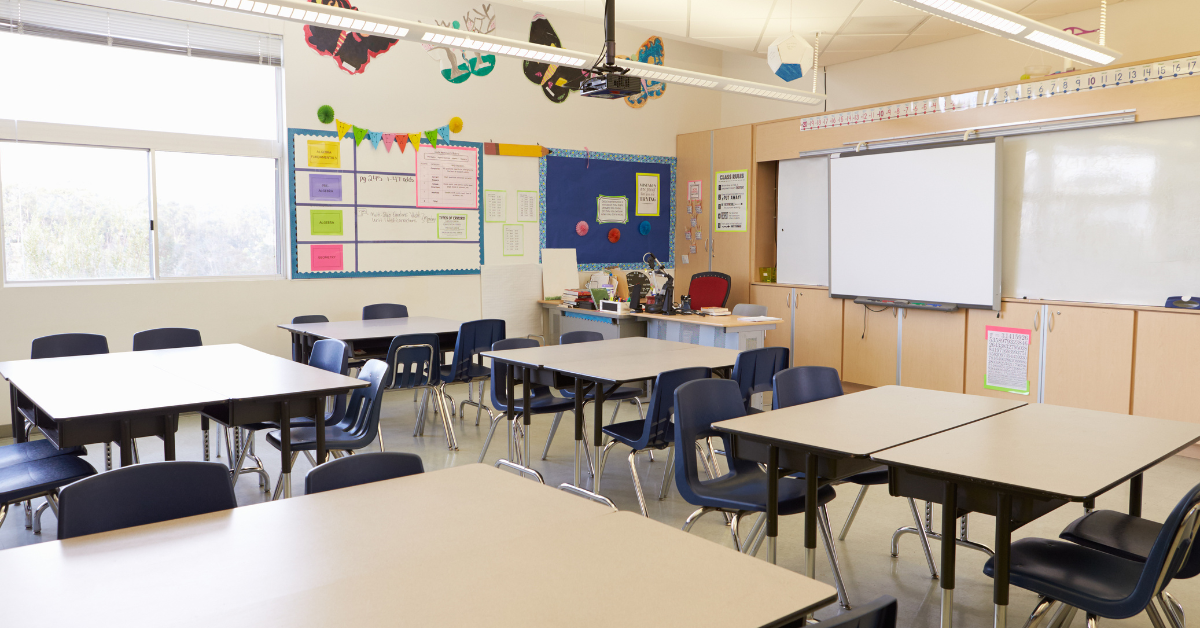Back to school - preventing illness and managing symptoms

Schools are environments where germs can spread quickly, making it important to take steps to prevent illness and manage symptoms appropriately if they do arise.
We have put together some tips as the new school term begins:
1. Encourage good hygiene
Good hygiene practices can significantly reduce the spread of illnesses. Remind your child to wash their hands regularly with soap and water, especially before eating, after using the toilet, and when they come home from school. Teach them to use tissues when coughing or sneezing and to dispose of them properly.
2. Know the symptoms of common illnesses
As the weather gets colder, illnesses like colds, flu, and stomach bugs become more common. Learning the symptoms of these common illnesses so you can recognise them early can help to stop the spread of illness at school.
Symptoms like a high temperature, persistent cough, or stomach pain could be signs that your child needs to stay home to rest and recover and prevent spreading illness to others.
For advice about common childhood conditions, the HANDi App is available for both Apple and Android devices.
The app has been developed by paediatric consultants and, covers conditions, such as:
-
Diarrhoea and vomiting
-
‘Chesty child’ illnesses, such as wheezing and asthma
-
High temperature
-
Abdominal pain
3. Keep your child home when they’re unwell
If your child shows signs of illness, keeping them home to rest and recover fully is important. This helps them get better faster and prevents the spread of infections to other children and staff.
If you're unsure whether your child should stay home, more information is available here: https://www.nhs.uk/live-well/is-my-child-too-ill-for-school/
4. Seek advice when needed
Knowing when to seek medical advice is crucial. If your child has a high temperature, is experiencing unusual symptoms, or if their condition is worsening, contact your GP or use the out-of-hours 111 line. Early intervention can make a big difference in effectively managing your child's health.
Our role in supporting you
NHS 111 is available 24 hours a day, 365 days a year. Calls are free from landlines and mobile phones.
Our out-of-hours service supports you when your regular GP is unavailable. Whether it’s advice on managing symptoms or when to seek further care, we’re here to help.
Please don't hesitate to reach out if you have concerns about your child's health this school year.
When should you call NHS 111?
You need urgent medical help, but it is not a 999 emergency
You need urgent care and it will not wait until your own surgery is next open